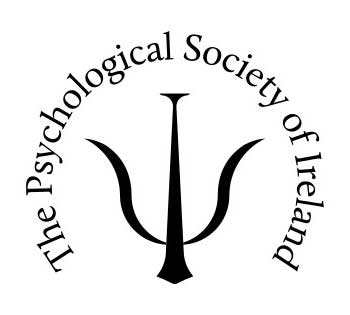
You may have bulimia if you sometimes lose control and eat a lot of food in a very short amount of time (binging) and are then deliberately sick, use laxatives, restrict what you eat, or do too much exercise to try to stop yourself gaining weight. If you have an episode once a week over a period of 3 months, it would be recommended that you seek out professional help.
You may have Binge eating disorder (BED) – when you regularly lose control of your eating, eat large portions of food all at once until you feel uncomfortably full, and are then often upset or guilty. A Fear of weight gain, fear of becoming fat, using body image and weight as identity and strict controlling of calorie intake can lead to an eating disorder.
If you have an episode of binge eating at least once a week over a period of 3 months, it would be recommended that you seek out professional help.
The evidence-based treatment we offer for binge eating and bulimia is called CBT-T (Waller et al.)
This treatment runs for 10 sessions and has been shown in research to be very effective in treating bulimia and binge eating disorder.



© Copyright 2022 | Susi Lodola. All Rights Reserved | Powered by Digital Media Center